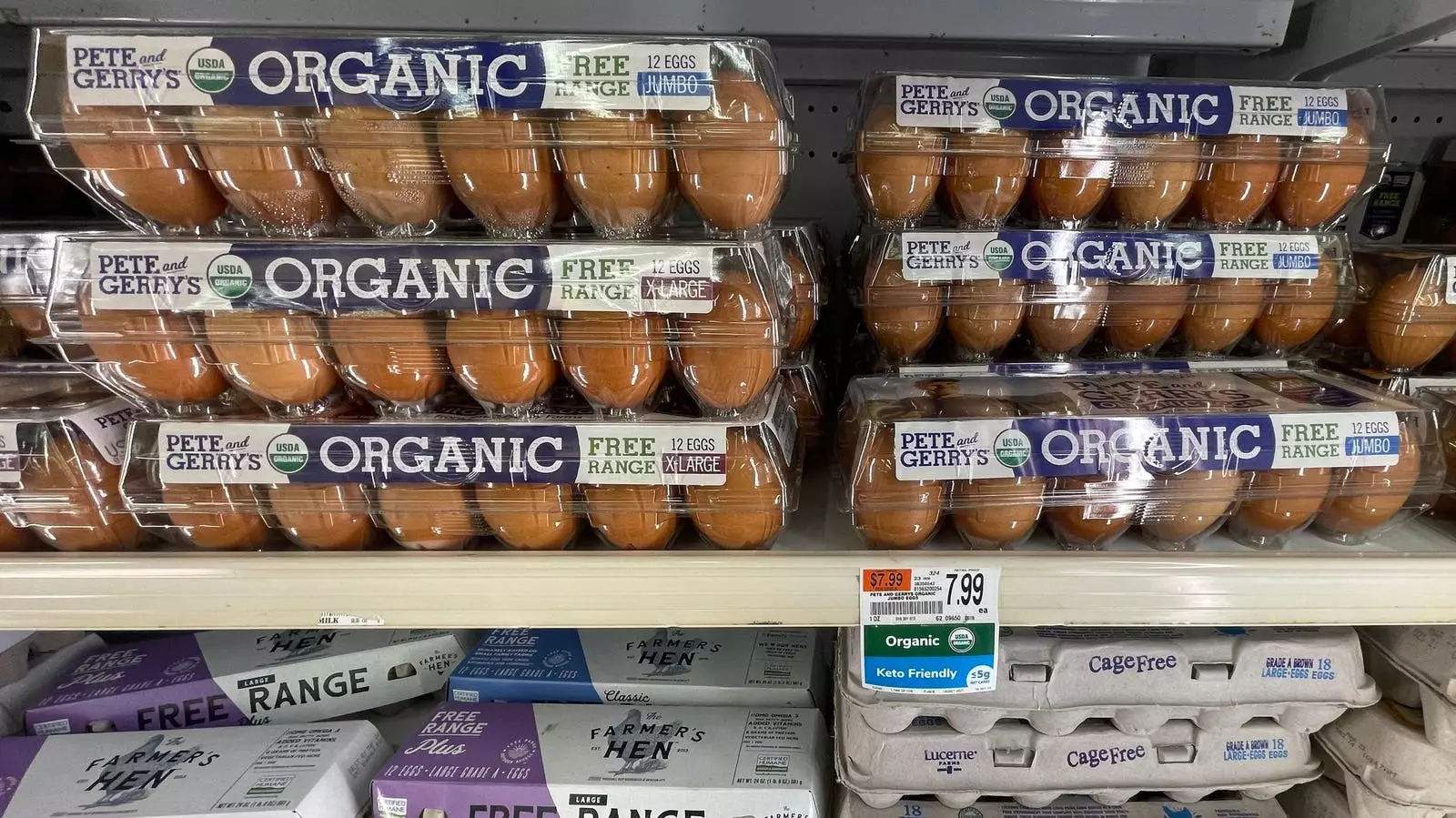In a world where once-ordinary staples are transforming into coveted commodities, the recent alarming theft of 100,000 organic eggs from a leading producer in Pennsylvania poses grim questions about the state of our food system. As we grapple with soaring prices and pervasive shortages, something has undeniably shifted in how we regard everyday food items. This shocking incident isn’t an isolated occurrence but forms part of a broader, troubling trend that illustrates the vulnerability of our food supply chain.
Eggs have typically enjoyed a humble place in American households; they are often viewed as reliable and unassuming kitchen essentials. They’ve been the backbone of family breakfasts and the key ingredient in countless recipes. However, recent events have painted a different picture. With the crooks managing to steal an egg shipment worth over $40,000, it is evident that these breakfast staples have escalated to high-value targets, signaling a deeply rooted shift in our societal values around food.
The implications of this theft are multifaceted. Firstly, it highlights the increasing economic significance of food items, aligning them more with assets than necessities. Such a paradigm shift raises compelling concerns for both consumers and producers. If essential ingredients become attractive targets for thieves, how will this affect pricing, availability, and ultimately, our relationship with food?
The theft is not merely a random act of criminality; it signifies far greater repercussions regarding food prices across the nation. The cost of eggs has already surged, doubling in 2022 due to avian flu outbreaks and ongoing supply chain disruptions. As reported by CargoNet, incidents of cargo theft across the U.S. and Canada increased by 27% in 2024, reinforcing that food – previously taken for granted – is now entwined with economic instability.
As food items transition from kitchen staples to desirable goods, consumers are left pondering: if breakfast items can be stolen in significant quantities, what’s next? There lies potential for a plausible scenario wherein even more common grocery items could become targets of theft, leading to inevitable inflation that further complicates access to basic nutrition.
This recent incident is not the first time food theft has garnered headlines. History has shown that food thefts can be both staggering and strategic. The Great Canadian Maple Syrup Heist in 2011 saw the theft of millions of pounds of syrup, marking one of the largest food crimes in history. Additionally, incidents such as the Nutella Heist in Germany and California’s ongoing nut crimewave further underline a disturbing trend where food is increasingly treated like luxury commodities rather than basic necessities.
Each of these historical events serves as evidence that food security is becoming a critical issue. Thieves are not simply motivated by immediate financial gain; they are reflecting a societal acknowledgment that curated consumables are shifting into commodities of high value based on market demand and vulnerability.
The heist of 100,000 organic eggs is alarming, but it also drives home an urgent message: the fragility of our food system cannot be overlooked. As the Pennsylvania State Police continue to investigate the incident, it becomes imperative for the food industry and regulators to reconsider their standard practices regarding distribution, security, and storage. Food supply chains must adapt to an era where economic and physical vulnerabilities are on constant display.
If we consistently undervalue the importance of food system security, what does that say about how we prioritize nutritional stability for households that already grapple with economic strain? The surging egg prices and heightened fears of theft compel a reconsideration of how we view our food sources moving forward.
As we move into an increasingly uncertain economic landscape, the essential question looms: how do we protect the integrity of our food system? The ongoing volatility in food prices signifies that producers, retailers, and consumers will need to forge tighter bonds and innovative solutions to safeguard food supplies.
While eggs may just be the tip of the iceberg, what remains painfully clear is that the very concept of food as simply sustenance is precariously shifting towards something much deeper: an economic asset reflecting our current societal challenges. If we are to mitigate future issues related to food theft, insecurity and volatility, increasing awareness and on-spot interventions in our food systems will be paramount. Higher prices and uncertainty surrounding basics like eggs are merely warnings – can we heed them before it’s too late?


Napsat komentář